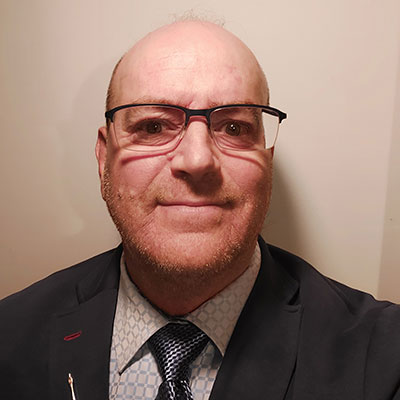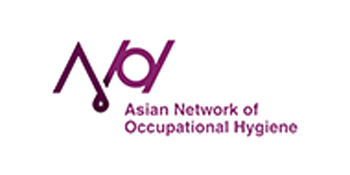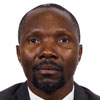
Timetable

 Canada
Canada

Topic: 感染症対策の経験から学んだ健康・衛生の在り方
COVID-19 (SARS-CoV-2) により、世界は100年来の脅威的なパンデミックに見舞われています。多くの国が色々な取り組みを行ないながら過去に経験したことのないパンデミックに向き合っています。各国で実施されたもっとも良い例、そして改善が求められる経験や体験などから学び、議論する機会とします。ILOの推定によると、パンデミック前では約280万人もの労働者が仕事で命を落とし、そのほとんどが非伝染性の病気(石綿病、珪肺、肺がんなど)が原因とされています。COVID-19から得た経験や学んだ教訓は労働者だけでなく、人を危険から守り続けるために生かされなければなりません。このセッションでは仕事や生活習慣、文化的背景、環境において働く人を守るためのより良い方法について議論します。
Sub chairs


Presentations
The health sector is one of the most hazardous sectors with health workers facing a range of occupational hazards and associated health risks. While contributing to the enjoyment of the right to health for all, health workers should also enjoy the right to healthy and safe working conditions to maintain their own health. This session will feature WHO and ILO tools, and recommendations for the protection of health and safety of health workers, including in the context of the COVID-19 pandemic.
Latest Global Estimates of 2021 indicate that 2.9 million workers die every year (2019 data), the number has gone up from 2.78 in 2017 data released by ILO. The global GDP lost by mortality and disability at work has risen from 3.9 % of the global GDP to 5.4%, mainly due to new method calculation of the loss caused by psychosocial risks not earlier estimated.
Zero harm can be approached better when preparedness and anticipation of emerging risks, such as those by biological factors and climate change are taken seriously into account in planning.
Italy was the first country affected by Covid after China and was forced to take unprecedented containment and mitigation actions, at least in a western democratic country. The first lockdown of an entire community of 60 million inhabitants, the race to equip themselves with masks and ventilators, public health measures, the largest vaccination campaign in Europe, the fight against fake news and vaccination hesitancy. The lessons learned have been many but they are not easy to implement and the challenge continues.
The International Occupational Hygiene Association (IOHA) represents more than 35 member associations from across the globe and aims to achieve synergy and promote the profession and improve workplace health across the globe. This presentation provides a status overview of current global occupational hygiene demographics and aims to also provide a perspective on what is required to take occupational hygiene into the future to help eliminate work related ill health and disease.
A remote real-time monitoring system was developed to overcome the limited accessibility of industrial hygienists to the workplace due to COVID-19. The monitor consists of three sensors and 5G communication chipset. The sensing signals from the site are transmitted to the server system for interpretation and appropriate feedback. Also, a self-monitoring assistance system was developed for SMEs’ workers.
When we see “internet of things”, let’s make it an internet of beings.
When we see “virtual reality”, let’s make it a shared reality.
When we see “machine learning”, let’s make it collaborative learning.
When we see “user experience”, let’s make it about human experience.
When we hear “the singularity is near”, let us remember: the Plurality is here.
The arrival of COVID-19 had a mix of both good and not so good impacts on the development of occupational hygiene professionals in Africa. Firstly, due to a sloppy science on the role of fomite and aerosol transmission, the ceasing of capacity development programs through collaborations. On the other hand, it later provided a platform to accelerate the professions’ ongoing growth prospects. The presentation will focus on AUDA-NEPAD’s work, challenges, and opportunities amidst COVID-19.
ICN was the first organization to systematically analyse data on nurse COVID-19 related infections and deaths. The presentation will share this work and all what has been done by ICN to respond to the pandemic and show how nursing organizations are ensuring the retention of the nurses in the COVID-19 pandemic and improve occupational health and safety.
Covid-19 abruptly changed working conditions, often for the worse, in several work sectors and increased awareness of health risks. To tackle the new risks, Human Factors/Ergonomics (HFE) provides perspectives and methodologies to address the new challenges. HFE is a design driven discipline that focuses on how humans interact with and within work systems. The aim is to find ways to avoid elements that can overwhelm the mental and physical capabilities and reduce the well-being of working people by focusing on the work system holistically rather than individual risks.



















